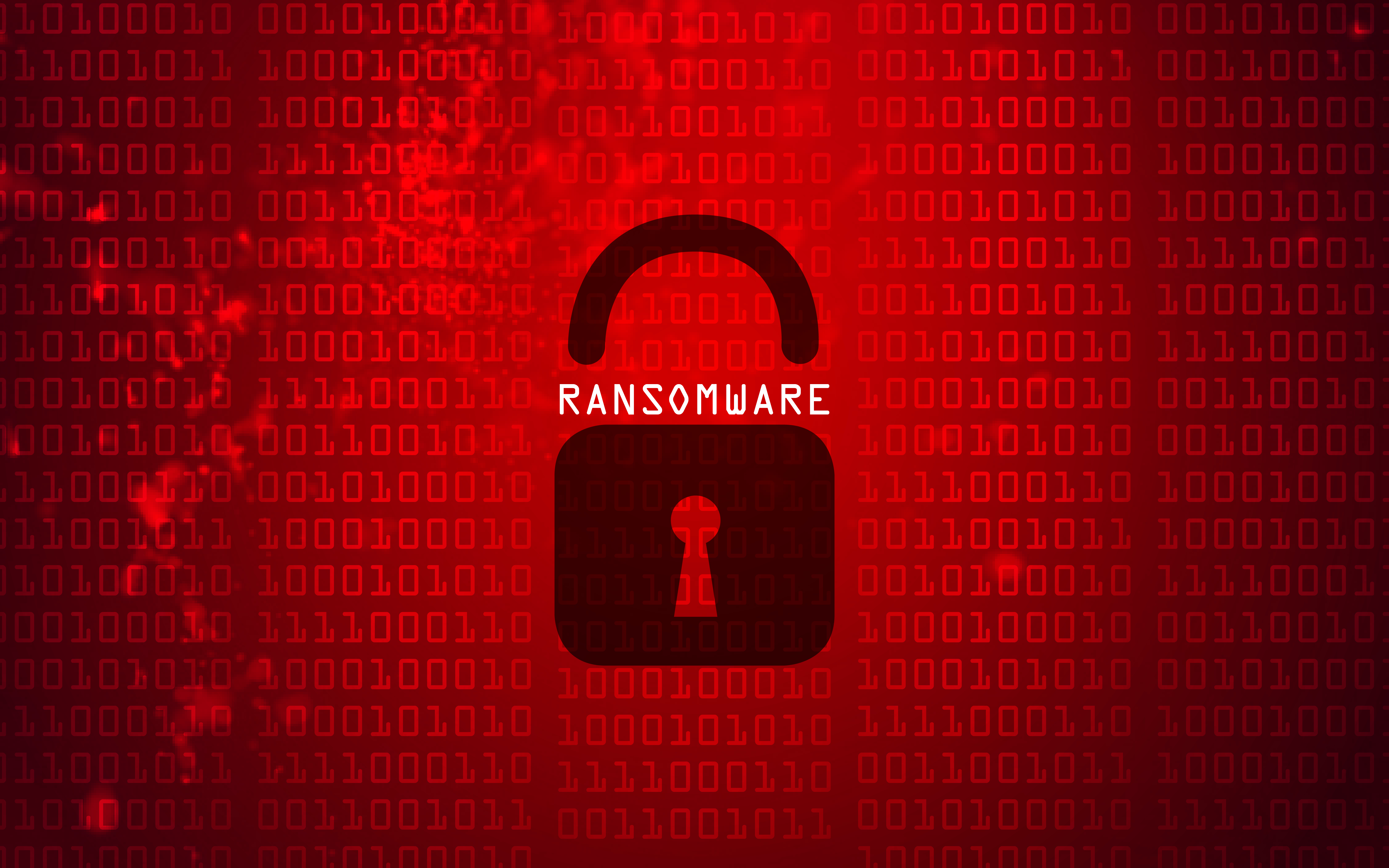Qakbot threat still lingering despite FBI takedown
Qakbot-affiliated threat actors are still active despite the high-profile takedown


Security researchers have warned that Qakbot-affiliated hackers still remain a pervasive threat despite a high-profile takedown that saw the group’s infrastructure disrupted.
In August 2023, an operation led by the FBI and international law enforcement partners seized infrastructure assets used by the botnet. “Operation Duck Hunt” severely disrupted Qakbot operations, and resulted in the recovery of thousands of devices infected with malware.
The takedown was touted at the time as one of the biggest in recent history.
However, researchers at Cisco Talos revealed that the threat actors behind Qakbot are still active and have been waging a ransomware campaign that began “just before the takedown”.
Observations from Cisco Talos revealed that a variant of Cyclops/Ransom Knight ransomware, as well as the Remcos backdoor malware, is being used by affiliated threat actors. This suggests the group’s activities weren’t fully shut down by the FBI’s actions and could still pose a significant threat.
"As this new operation has been ongoing since the beginning of August 2023 and has not stopped after the takedown, we believe the FBI operation didn’t affect Qakbot’s phishing email delivery infrastructure but only its command and control servers,” researchers said.
Cisco Talos said that, since August, it has tracked activity by correlating metadata from LNK files used in the new campaign with that used in previous Qakbot campaigns.
Get the ITPro daily newsletter
Sign up today and you will receive a free copy of our Future Focus 2025 report - the leading guidance on AI, cybersecurity and other IT challenges as per 700+ senior executives
The technique follows previous instances of using LNK file metadata to identify and track threat actors, Cisco Talos said. A machine used in an earlier campaign, dubbed ‘AA’, contained a drive serial number - 0x2848e8a8 - that was used in a later botnet named ‘BB’.
“Talos identified new LNK files in August 2023 that were created on the same machine referenced above, but observed that the payload of the files pointed to a network share in the command line that served a variant of Ransom Knight ransomware,” researchers explained.
Analysis of LNK file names used in the recent campaign point to “themes or urgent financial matters”, which Talos said suggests they are being distributed via phishing emails.
This, the researchers added, is consistent with previous Qakbot campaigns and is a traditional hallmark of the botnet.
“Some of the filenames are written in Italian, which suggests the threat actors may be targeting users in that region,” they said.
Cyclops ransomware as a service
Further analysis of LNK files being used in the current campaign have been distributed within Zip archives, researchers said. These also contain an XLL file extension used for Excel add-ins.
Researchers said the XLL files are the Remcos backdoor, which is typically executed alongside Ransom Knight to gain access to infected machines.
“The LNK file, on the other hand, downloads an executable file from remote IP 89[.]23[.]96[.]203…via WebDAV, which is the actual Ransom Knight payload,” Talos said.
This ransomware family was found to be an “updated version of the Cyclops ransomware as a service…rewritten from scratch”.
Never really gone
RELATED RESOURCE

Deliver outstanding customer experience in a world full of AI
DOWNLOAD FOR FREE
The warning from Cisco Talos once again raises questions over the long-term effectiveness of law enforcement ‘takedowns’ such as this.
This was a key talking point in the immediate aftermath of the August operation and follows several instances of threat actors returning after disruptive incidents.
A previous operation that took down Trickbot in 2020 appeared to have been successful initially. Within the space of a year, however, the botnet had returned.
This same scenario also occurred in the aftermath of the Emotet takedown led by Europol in 2021. Emotet re-established itself in the coming months following this operation and continued to pose a major threat to organizations globally.

Ross Kelly is ITPro's News & Analysis Editor, responsible for leading the brand's news output and in-depth reporting on the latest stories from across the business technology landscape. Ross was previously a Staff Writer, during which time he developed a keen interest in cyber security, business leadership, and emerging technologies.
He graduated from Edinburgh Napier University in 2016 with a BA (Hons) in Journalism, and joined ITPro in 2022 after four years working in technology conference research.
For news pitches, you can contact Ross at ross.kelly@futurenet.com, or on Twitter and LinkedIn.
-
 Cisco claims new smart switches provide next-level perimeter defense
Cisco claims new smart switches provide next-level perimeter defenseNews Cisco’s ‘security everywhere’ mantra has just taken on new meaning with the launch of a series of smart network switches.
By Solomon Klappholz
-
 Cisco is jailbreaking AI models so you don’t have to worry about it
Cisco is jailbreaking AI models so you don’t have to worry about itNews Cisco's new AI Defense security solution helps organizations shore up LLM security by identifying potential flaws.
By Solomon Klappholz
-
 Cisco dispels Kraken data breach claims, insists stolen data came from old attack
Cisco dispels Kraken data breach claims, insists stolen data came from old attackNews Cisco has refuted claims it has suffered a data breach after the Kraken threat group posted stolen data online.
By Solomon Klappholz
-
 Cisco patches critical flaws in Identity Services Engine
Cisco patches critical flaws in Identity Services EngineNews Cisco has issued patches for a pair of critical vulnerabilities affecting its Identity Service Engine (ISE).
By Nicole Kobie
-
 Your office is now absolutely riddled with surveillance equipment
Your office is now absolutely riddled with surveillance equipmentNews While workplace monitoring is shown to have a detrimental effect on morale, many firms are still charging ahead
By Nicole Kobie
-
 Cisco confirms attackers stole data, shuts down access to compromised DevHub environment
Cisco confirms attackers stole data, shuts down access to compromised DevHub environmentNews The tech giant insists that no sensitive customer information has been compromised
By Solomon Klappholz
-
 Cisco confirms investigation amid data breach claims
Cisco confirms investigation amid data breach claimsNews The networking giant says its probe is ongoing amid claims a threat actors accessed company data
By Nicole Kobie
-
 Rubrik partners with Cisco to bolster cyber resilience
Rubrik partners with Cisco to bolster cyber resilienceNews Rubrik now integrates with Cisco XDR and is listed on the connectivity giant’s SolutionsPlus program
By Daniel Todd


